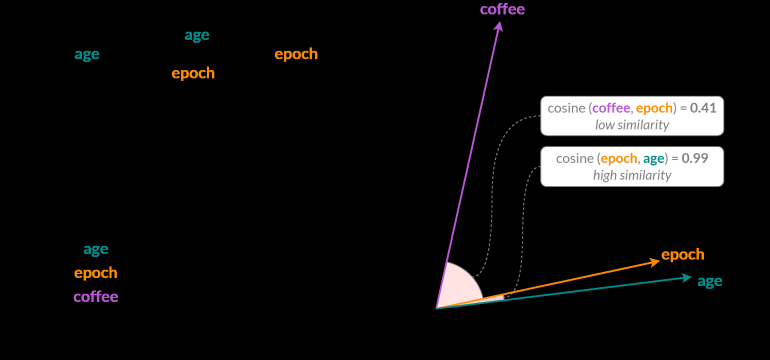Authors: Raphaël Millière, Cameron Buckner
Published on: January 08, 2024
Impact Score: 8.07
Arxiv code: Arxiv:2401.0391
Summary
- What is new: The paper is the first part of a duo examining the significance of language models like GPT-4 in the context of philosophical debates, offering a fresh perspective on artificial neural networks as cognitive models.
- Why this is important: The challenge is in understanding to what extent language models have linguistic or cognitive competence, a highly debated topic in philosophy relating to artificial intelligence and cognitive science.
- What the research proposes: The paper acts as a primer for philosophers on language models, and surveys their relevance to philosophical debates in cognitive science, artificial intelligence, and linguistics.
- Results: The authors suggest that the proficiency of language models like GPT-4 forces a reevaluation of some established beliefs about artificial neural networks, though they emphasize the need for more empirical research to unravel how these models function.
Technical Details
Technological frameworks used: Cognitive science, philosophy of artificial intelligence, philosophy of linguistics
Models used: Large language models like GPT-4
Data used: The paper analyzes existing language model capabilities, philosophical literature, and debates surrounding AI and cognitive science.
Potential Impact
Educational sectors, AI research communities, tech companies specializing in AI and machine learning, philosophy academia, and potentially businesses leveraging AI for language-based tasks.
Want to implement this idea in a business?
We have generated a startup concept here: CogniNet.



Leave a Reply